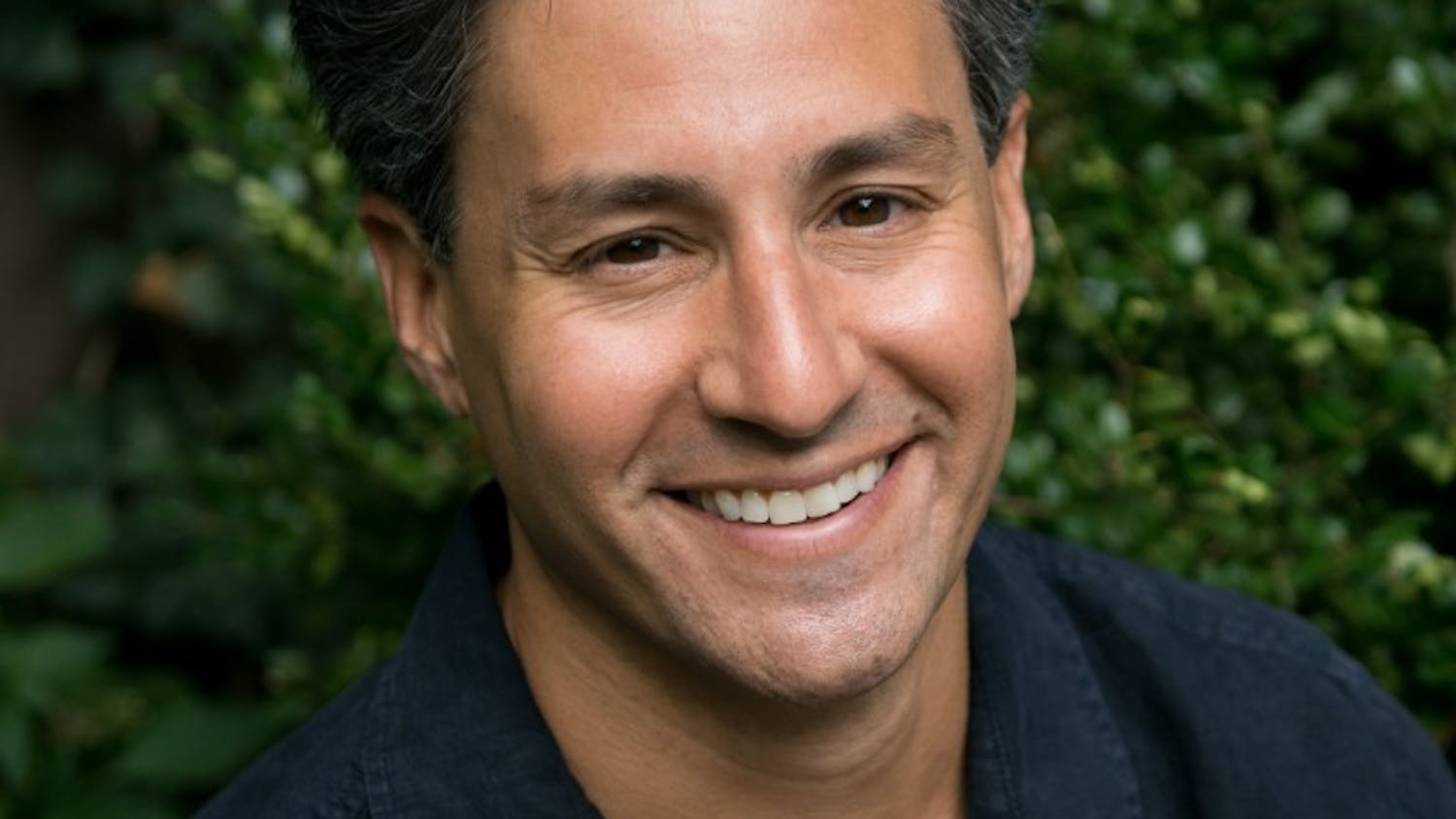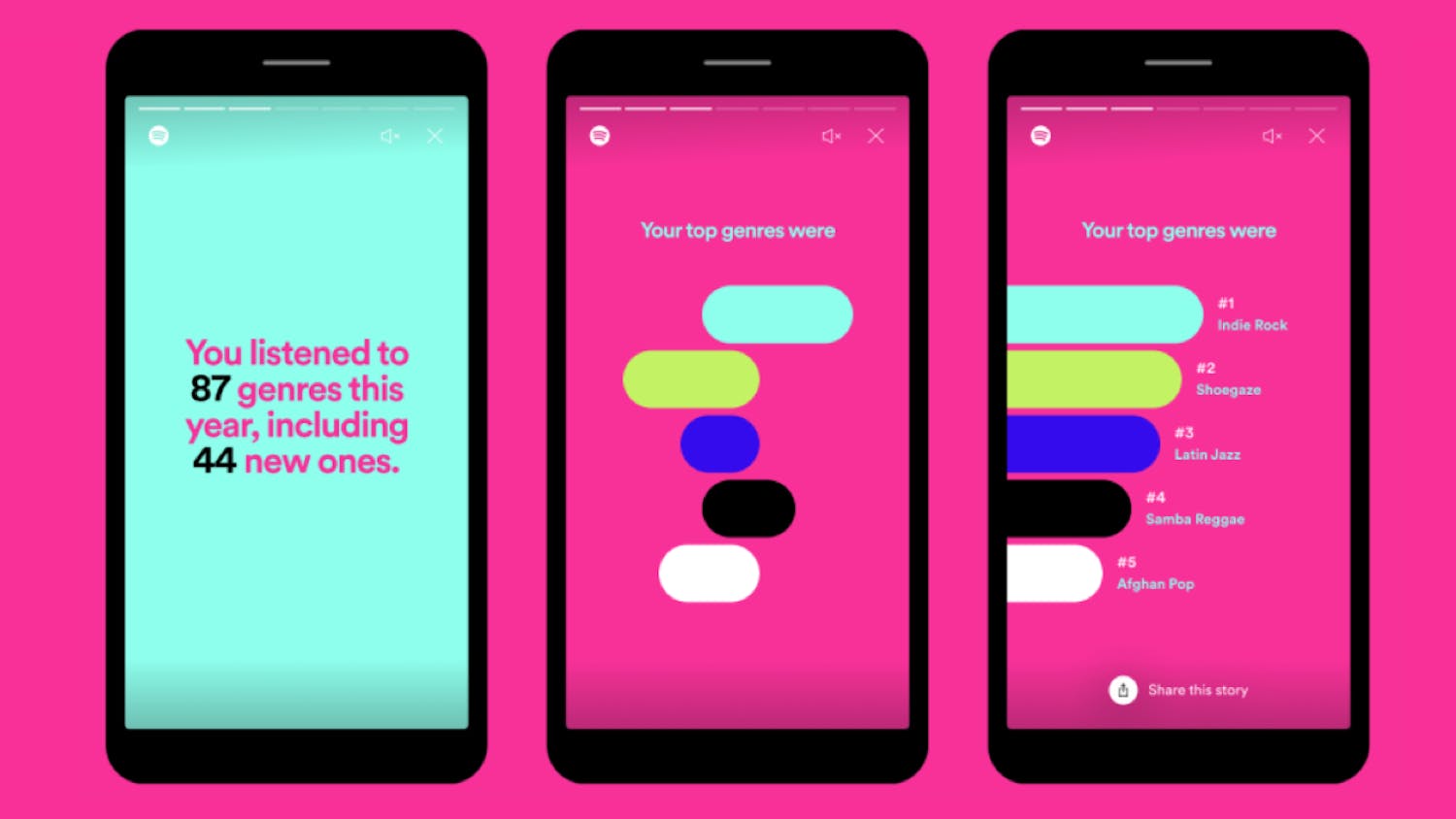I’ve done it before. And I’m willing to bet you’ve done it before, too. In fact, it should be obvious by now that the vast majority of young Internet users have, at the very least, some experience in illegally consuming digital media.
Many try to justify the act, even as they sweatily and insatiably race to amass more gigabytes than they can ever possibly listen to, as though trying to fill some void left by material or emotional wants that can never be so easily quenched. Others do not rationalize. Instead they are overwhelmed, submitting shamefaced to the awe-inspiring volume of material looming like untapped oil wells in the digital Wild West, forced by an instinct to covet what is ultimately a mirage of satisfaction before it is too late. Still others flee to the havens of ethical gray areas like YouTube, Spotify, Pandora and the USB drive. Does the legal status of the latter make the act of freely and effortlessly devouring culture any more valid? If no line can easily be drawn, is the former still invalid?
Ultimately, we live in a chaotic Internet age where those in Washington are powerless when it comes to cracking down on illegal downloading at the individual level. Realistically, you will probably never be chastised by anyone more important than an annoyed but ultimately apathetic landlord, or an Internet service provider who, at the end of the day, really just wants your patronage. Thus, the question of Internet ethics is one of moral relativism, and it is very much up to you to decide where you stand.
On an immediate level, the act of not paying for art violates the most basic principals of capitalism. The artist worked hard (or not) and they are deserving of compensation. But then there is the public library. We’ve come to accept access to free literature as our prerogative, even if we can afford to purchase those books ourselves. Is there something inherently more highbrow about literature that relegates the free consumption of music, film and television to the underground? What about the selection of music, film and television that is publicly available in libraries? Is it more valid to listen to a CD that was arbitrarily stocked in Memorial Library’s music collection than one actively sought out on the Pirate Bay? Either way, the artist won’t see a penny, but the latter at least guarantees a satisfied listener.
For that matter, is taking MP3s from a friend’s iTunes, or lecherously ogling a copywrited painting via a quick Google image search any more valid, despite its legality? Or alternatively, is there a spectrum of ethics concerning art and the Internet that exists outside the sphere of law?
In this decade, there has been a shift away from illegal downloading towards streaming services. All Spotify requires is 30 seconds of your time devoted to advertisements every 20 minutes or so, and you can feast in the unlimited slavedom of popular culture to your hearts content. And what do the artists get out of this deal? A mere dollar per 300 plays. If all but the biggest names in the industry had to rely on services like Grooveshark, Last.fm, Turntable.fm, Spotify or Pandora to survive, they might be better off working as street performers. Ascribing to these services basically equates to protecting your neck legally while promoting the idea of essentially free music. Like torrenting and file sharing sites, these streaming services represent just another loophole proved exploitable by the nascent Internet.
In the end, until stricter (inevitable?) federal regulations are firmly established, you must make your own decisions regarding how to obtain media. Has the game been forever changed? Are we part of a new culture where free media is the standard, and where artists must embrace new tools to be successful and profitable in a consumer-driven market? Indeed, Internet hype is now probably the best way for new artists to get their names out there—ironic considering the Internet is what robs these artists of record sales in the first place. Or are you of the mind that financial contribution to artists is your ethical responsibility, even amid such a culture of rampant, endless free media?
One thing, however, is certain: Decisions like these should be in the hands of consumers and fans, not record labels and old politicians who are not savvy to new technological trends. I’m not saying free media is a modern right inherently owed to you by artists, and I’m not saying the opposite is the case. But it’s important to know where you stand before taking contemporary circumstances for granted.
Is your music library entirely illegal? Or are you an honest buyer? Tell Max at mdfisher2@wisc.edu






